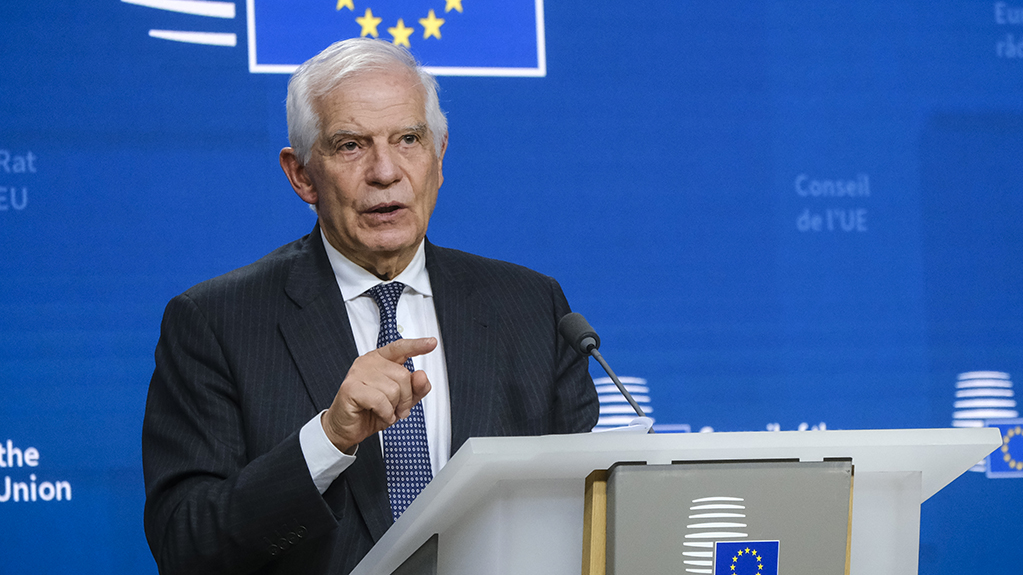The Council of Foreign Affairs of the European Union, comprising the foreign ministers of the member states, discussed the developments following the parliamentary elections in Georgia, with a focus on the country’s democratic decline and its consequences.
News
After the meeting, the Chairman of the Council and High Representative of the European Union for Foreign Affairs and Security Policy, Josep Borrell, stated that the leaders of Georgian Dream have steered the country away from the European Union's path, thereby acting against the aspirations of the Georgian people and the country’s goals.
"We all want one thing, to return Georgia to the European path, and it will take effort. We will send a mission to Georgia, We will discuss the irregularities and the election will have to be investigated, and the government has to produce decisive changes through concrete actions. Georgia will not be able to advance in its relations with the European Union without strong changes and will not be able to move forward on the European road.
We will invite the head of the ODIHR (Office for Democratic Institutions and Human Rights) to Georgia to present their assessment of election violations to the member states. Additionally, we will convene a meeting of the Council's Political and Security Committee to ensure that member states fully understand the issues at hand regarding these election-related violations.
To the Georgian people, I would like to repeat what I said last year during my visit to Georgia: the EU door will remain open for Georgia, but the course of the Georgian government when it comes to respect for the rule of law and fundamental principles, including the way the elections were conducted, takes Georgia away from the path of EU integration," Josep Borrell said during the press conference.
According to Borrell, the mission planned to be sent to assess Georgia's parliamentary elections will be both political and technical.
"This is a technical mission aimed at analyzing, on the ground, all the circumstances surrounding these disputed elections.
Contested elections, which have escalated to the presidential level - no more, no less - clearly raise significant concerns in Europe about a shift towards undemocratic practices.
These irregularities should be examined and analyzed. That is precisely the purpose of technical missions. We will review all allegations and all the circumstances surrounding this highly controversial election. I cannot provide further details. I can only emphasize that the democratic aspirations of the Georgian people must be fulfilled, and it is essential to clarify all the events that transpired during these elections. However, I cannot predict the outcome of the mission's work," Borrell said in response to a journalist's question.
The High Representative of the European Union also addressed the issue of suspended aid to the Georgian government.
"We have canceled the aid allocated for the Georgian Armed Forces from the European Peace Fund. Additionally, we have withdrawn €121 million in support earmarked for the Government of Georgia. Instead, these funds will be relocated to programs that directly benefit civil society and the Georgian people.
We will investigate all the violations that have been condemned. We will invite the leader of ODIHR, the election observation mission, to provide an explanation of what transpired. As an immediate measure, we have decided to suspend financial support," Borrell stated.















